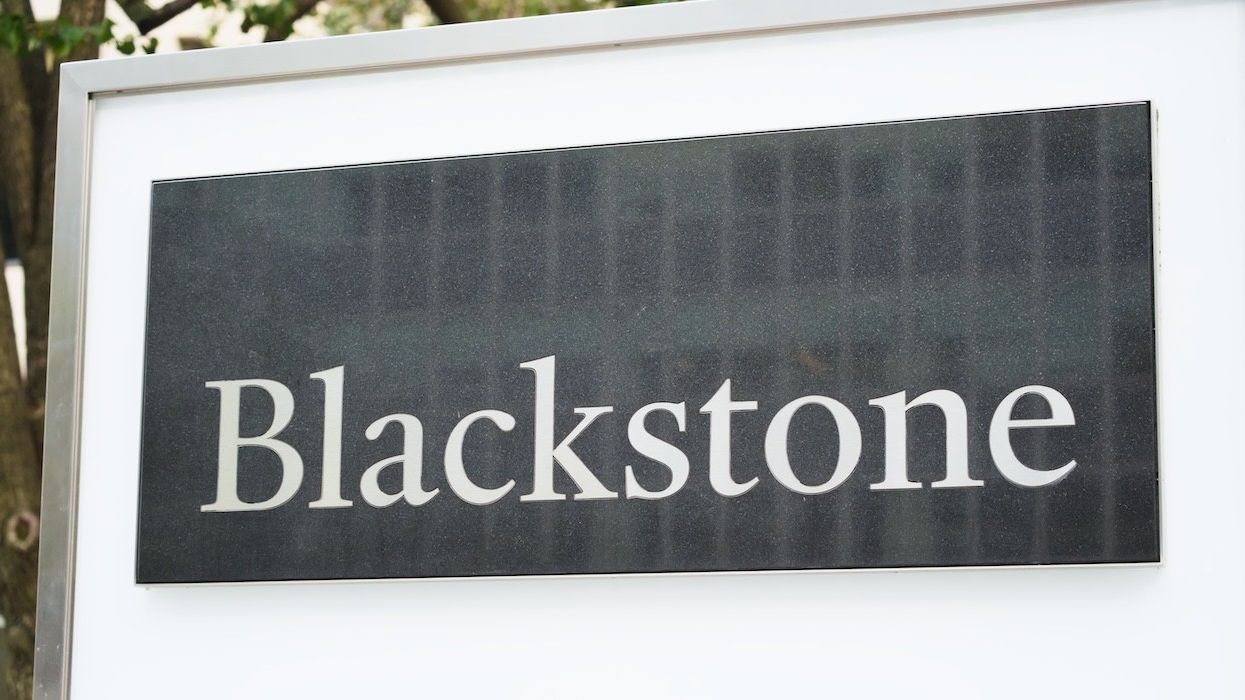Blackstone, the world's largest alternative asset manager, saw its real estate revenues tumble in 2023 amidst one of the most challenging years for the industry at large.
The company's real estate revenue fell a staggering 50% from $6.8B in 2022 to $3.4B in 2023, according to Blackstone's recent financial disclosure statements. This loss comes despite a bump in Blackstone's overall real estate asset value, which rose from $326B at the end of 2022 to $337B at the end of 2023.
Notably, the company's 2023 real estate revenue is still well above the levels seen in 2019 ($2.6B) and 2020 ($2.8B), before it skyrocketed in 2021 to a much higher $5.1B.
High interest rates and even higher office vacancies have plagued commercial developers and investors alike over the past year, with many facing dire financial situations as a results. Blackstone President Jonathan Gray attributed the losses to a bottoming out of the market, while speaking at the company's earnings call on January 25.
"We believe values in commercial real estate are bottoming," Gray said. "This doesn't mean there won't be more troubled real estate investments to come in the market, particularly in the office sector, which were set up during a period when borrowing costs were much lower. Nor does it mean we won't see a slowing in fundamentals in certain sectors with excess near-term supply."
Gray, however, appeared hopeful about the future of the industry, noting that with the Fed no longer raising interest rates — instead, likely cutting them in 2024 — and with new construction starts trending down, thus improving values of existing product in the long term, "we can see the pillars of real estate recovery coming into place."
Blackstone did see an improvement in real estate revenues towards the end of the year, sitting 1% higher in Q4 compared to the same time in 2022. The company saw $19.9B-worth of inflow in the last quarter of the year, more than half of which came from a joint venture with the FDIC to acquire a 20% stake in a $17B first mortgage portfolio from the former Signature Bank. The company also sold $4.6B of assets in Q4, including the partial sale of The Bellagio Las Vegas for $950M.
Gray went on to say that Blackstone is not "waiting for the all clear sign" before making moves with their portfolio, pointing to three major retail transactions that have taken place in just the past few months. The $3.5B acquisition of Toronto-based Tricon Residential is perhaps the most notable, with Blackstone buying up all outstanding common shares of Tricon and taking the company private.
Blackstone said at the time that it intends to complete Tricon's $2.5B development pipeline of new apartments in Canada and $1B of new single-family rental homes in the United States. The asset manager also plans to improve the quality of Tricon's existing US rental homes through an additional $1B of planned capital projects over the next several years.
At the earnings call, Gray also highlighted Blackstone's recent partnership with Digital Realty to develop $7B of data centres, as well as the FDIC joint venture.
"We think this is just the start, as Blackstone Real Estate has $65B of dry powder to invest into this dislocated market," he said.





















